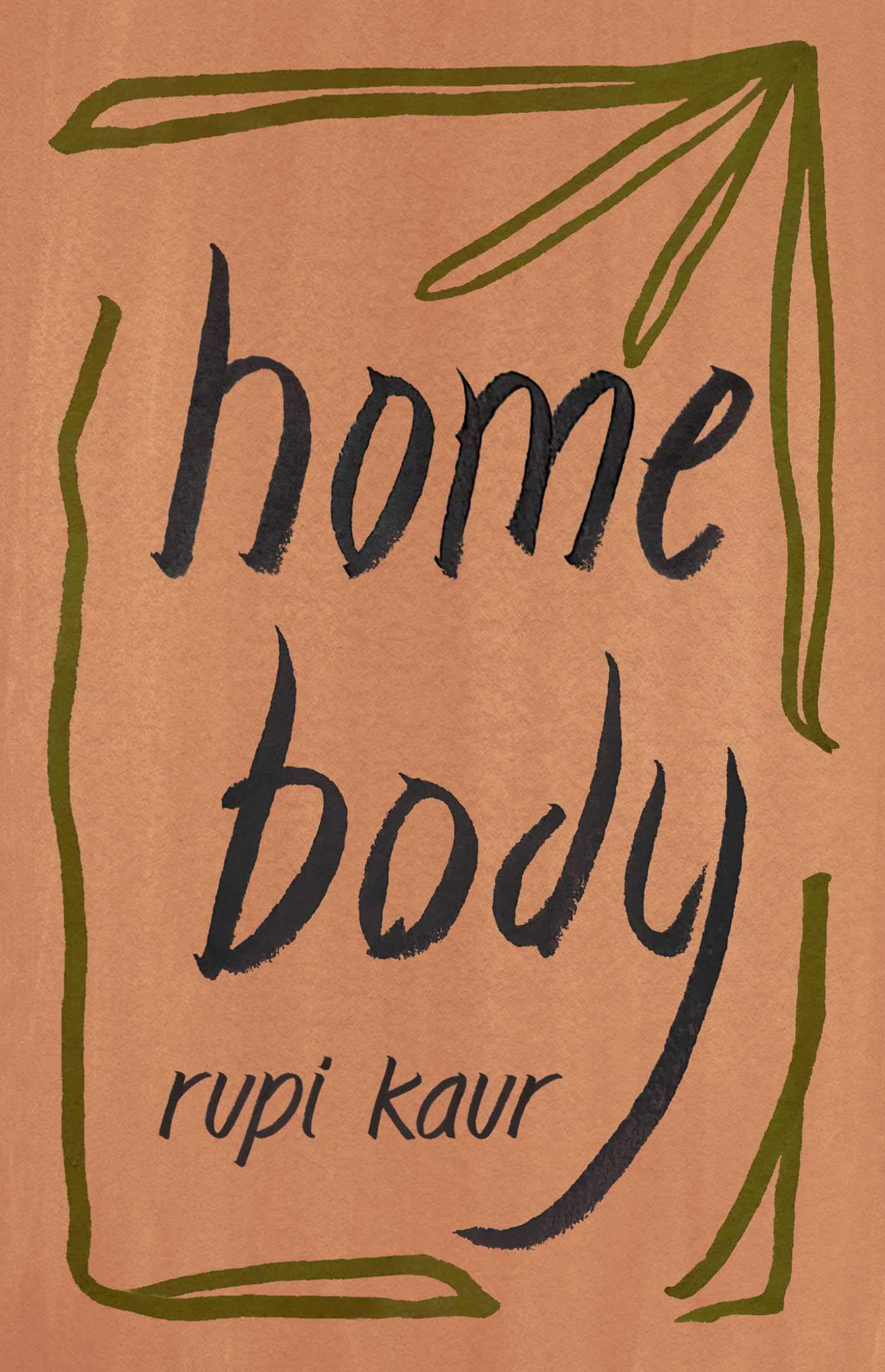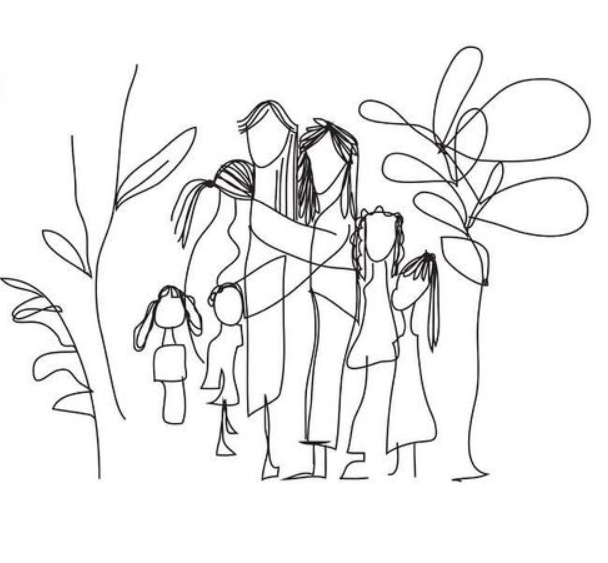Published May 30th, 2021
Review
by Sandra Tanzmeister
In her latest poetry collection home body (2020), Rupi Kaur gives an intimate glimpse into the journey of her mind and body and her experiences as a young immigrant woman in the US. With poetic authenticity, home body is an homage to emotional growth not only as a person but collectively as a whole society.
The social media poet, artist, and performer Rupi Kaur (*1992) was born into a Sikh family in Punjab, India. When she was four years old, she immigrated to Canada with her parents. Kaur’s family has always encouraged her artistic skills from a very young age. Kaur performed classical Indian music on stage for years and she started publishing her artwork anonymously on the social media platform Tumblr during her teenage years.

Poetry entered Kaur’s life by way of the Sikh traditions of her family. Sikh texts and holy scriptures are primarily written in poetic verse, which inspired Kaur to compose poetry herself. Kaur’s poetry tackles various topics such as trauma, female empowerment, and immigration. Her style is minimalistic; many of her poems are only a few lines long. At the beginning of her career as a poet, Kaur would write new poems each year, perform her poetry live on stage, put it aside, and never look at it again. Eventually, encouraged by a friend, Kaur began filming her performances and posting snippets of her poetry on Tumblr, this time using her real name. Later, she took to Instagram, where she now has over 4 million followers.
Unsurprisingly, as a stigmatized ‘Instapoet’ and an immigrant woman, Kaur’s success in print media did not come easy to her. In fact, at university, she was told to “not bother publishing” because poetry collections were hardly ever published at all, and when she tried to publish her first collection, she received one rejection after the other. So when Kaur was 21 years old, she took matters into her own hands and self-published and self-illustrated milk and honey in 2014. Three years later, in 2017, she repeated the same process with her second poetry collection, the sun and her flowers. Together, these collections sold over 8 million copies worldwide and were translated into 42 different languages.
“I guess this is the theme of my life now ... It's always been like this. I always end up self-publishing, self-releasing, self, self, self, self, self.” (Rupi Kaur in an Interview with PEOPLE Magazine on 30.04.2021)
Kaur’s Indian heritage is reflected in the topics she addresses and her simplistic and straightforward rhetoric. Her poems often consist of 4- or even 2-liners, similar to the style of the classical music that she used to perform in her childhood. As a tribute to Gurmukhi script, she only uses lower-case letters and the period as a form of punctuation. Her style is, as Kaur puts it, "a visual representation of what I want to see more of within the world: equalness."

Kaur has faced harsh criticism for being an ‘Instapoet.’ Her simplistic rhetoric was often degraded for being too unoriginal, and she was even accused of plagiarism. However, Kaur uses simple and explicit language to produce more approachable poetry for a broader audience than traditional poetry. She wants her readers to immediately grasp the meaning that her poems convey without having to dissect the words and their meanings first.
In November 2020, amidst the Covid-19 pandemic, Kaur published her third poetry collection home body, which reached #1 on The New York Times bestseller list for fiction paperbacks. Following the style of her previous collections, home body is divided into four parts: mind, heart, rest and awake. About every second poem is grazed with a drawing by Kaur that addresses the poem’s theme.
home body sets off on a heavy note with Kaur processing her traumatic experiences of sexual abuse at a young age, depression, and anxiety. Her language is sharp and direct, as she describes feeling distant and estranged from her own body and mind.
my mind
my body
and i
all live in one place
but it feels like we are
three completely different people- disconnected
Throughout the collection, her poetry reflects on the negative traits of Western society, such as capitalism, racism, and patriarchy. Kaur firmly addresses sexual violence against women, the greedy exploitation of planet Earth and struggles with mental health and self-worth. The reader can, sometimes, be thrown off by the explicit words Kaur uses. However, through her straightforwardness, Kaur becomes the voice for many other women and immigrants worldwide who have been oppressed into silence.

Yet, in between all the heaviness, Kaur plants seeds of hope that grow stronger and stronger as the poetry collection progresses. Her poems display that despite all the hardships she faced, with the help of her family, her community, and therapy, she grew to be the fighter she is proud to be today. Thus, home body develops to promote women empowerment, self-acceptance, and self-love and the importance of caring not only for oneself but also for one’s community and planet Earth as a whole.
But despite all her encouragement, Kaur emphasizes that the road to these destinations is often bumpy, and one might get stuck on the way. This play between suffering and strength, darkness and light, leaves the bittersweet aftertaste of feeling torn between the need to dwell on one’s own suffering and bravely nourish the hope for growth and a better, happier future.
i dive into the well of my body
and end up in another world
everything i need
already exists in me
there’s no need
to look anywhere else– home
Nationality: Austrian
First Language(s): German
Second Language(s):
English
Supported by:

